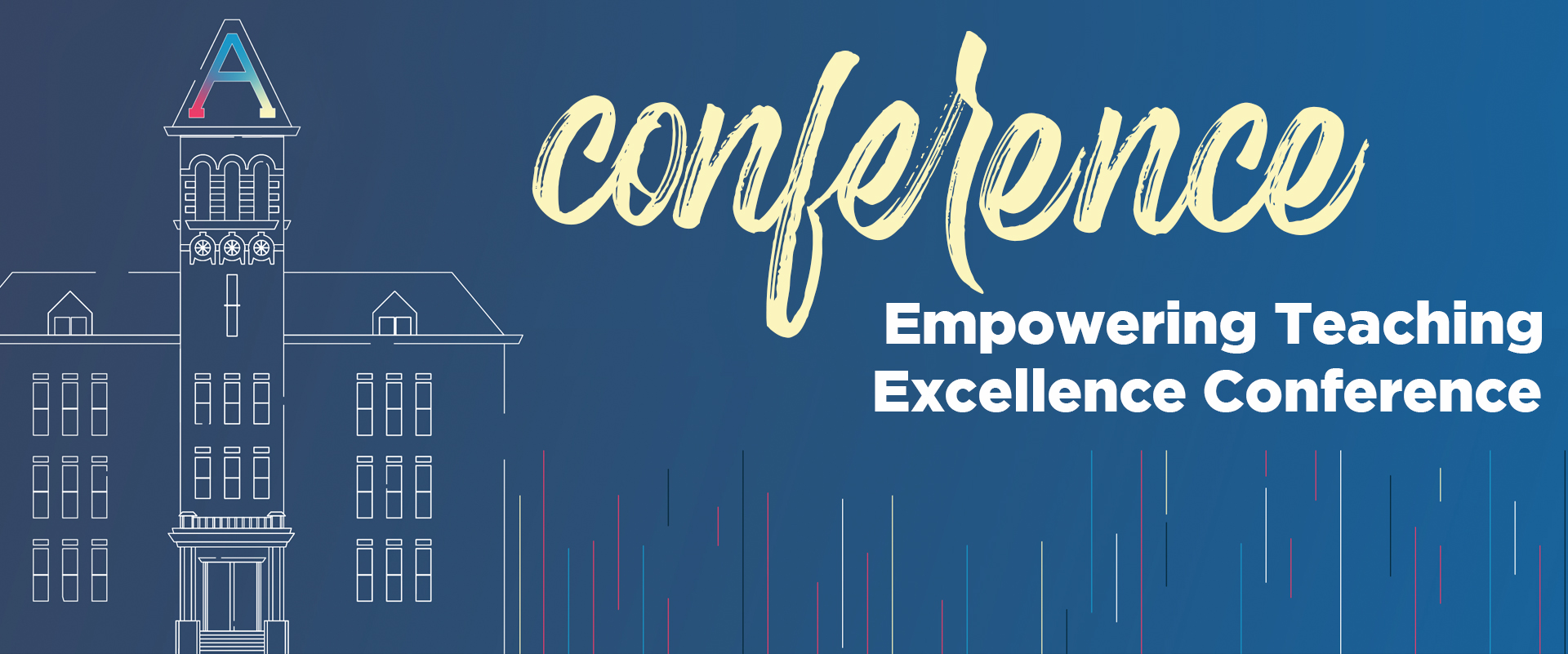A Culturally Situated Embodied Activity for Professional Development and Workshop Feedback
Location
Logan, UT
Start Date
9-14-2024 3:55 PM
Description
In conjunction with the USU STEAM EXPO, USU Math and Stats faculty, graduate students, collaborators, and teachers in rural Utah districts came together for a cultural-exchange event. In collaboration with Jessica Benally (UC Berkeley) and Sindura Kularajan (USU), we facilitated a two day workshop for educators as part of this event. The purpose of the workshop was to address the need for teacher supports in rural districts of Utah (Bundock, 2023), respond to Coles et al. (2024) calls to make "gestures" towards socio-ecological practices in mathematics education, and promote epistemic pluralism-multiple ways of knowing and doing mathematics. The professional development activities we implemented were inspired by frameworks in Coles et al. (2024) that have been aligned with the socio-ecological paradigm of mathematics education. These frameworks are ethnomathematics (EM), embodied cognition-new materialism (ECNM) (de Freitas & Sinclair, 2014), and mathematical modeling (MM). I will present one workshop activity that integrated ethnomathematics (EM) and embodied cognition-new materialism (ECNM) and share workshop feedback.
A Culturally Situated Embodied Activity for Professional Development and Workshop Feedback
Logan, UT
In conjunction with the USU STEAM EXPO, USU Math and Stats faculty, graduate students, collaborators, and teachers in rural Utah districts came together for a cultural-exchange event. In collaboration with Jessica Benally (UC Berkeley) and Sindura Kularajan (USU), we facilitated a two day workshop for educators as part of this event. The purpose of the workshop was to address the need for teacher supports in rural districts of Utah (Bundock, 2023), respond to Coles et al. (2024) calls to make "gestures" towards socio-ecological practices in mathematics education, and promote epistemic pluralism-multiple ways of knowing and doing mathematics. The professional development activities we implemented were inspired by frameworks in Coles et al. (2024) that have been aligned with the socio-ecological paradigm of mathematics education. These frameworks are ethnomathematics (EM), embodied cognition-new materialism (ECNM) (de Freitas & Sinclair, 2014), and mathematical modeling (MM). I will present one workshop activity that integrated ethnomathematics (EM) and embodied cognition-new materialism (ECNM) and share workshop feedback.



Comments
Concurrent Session D